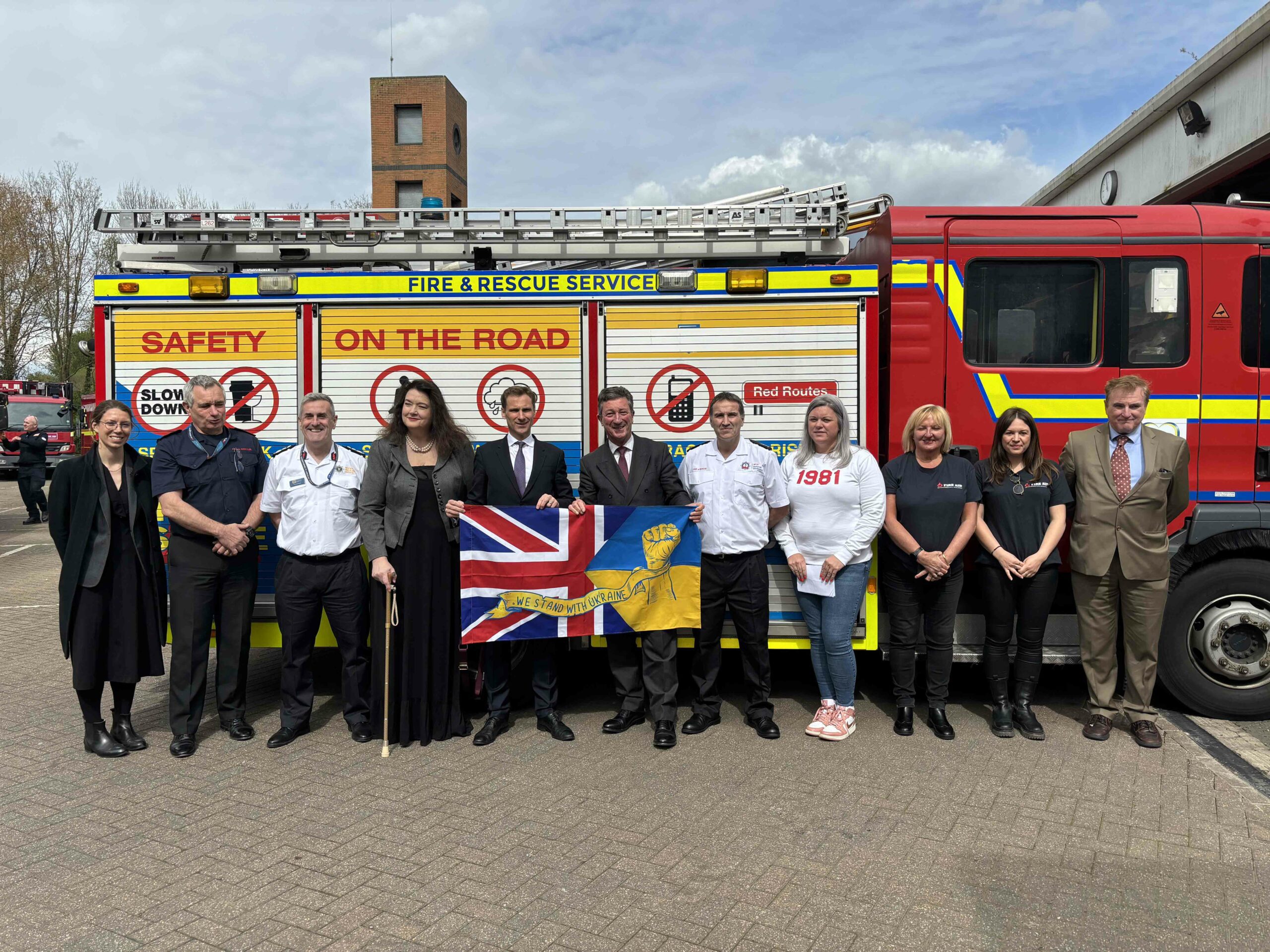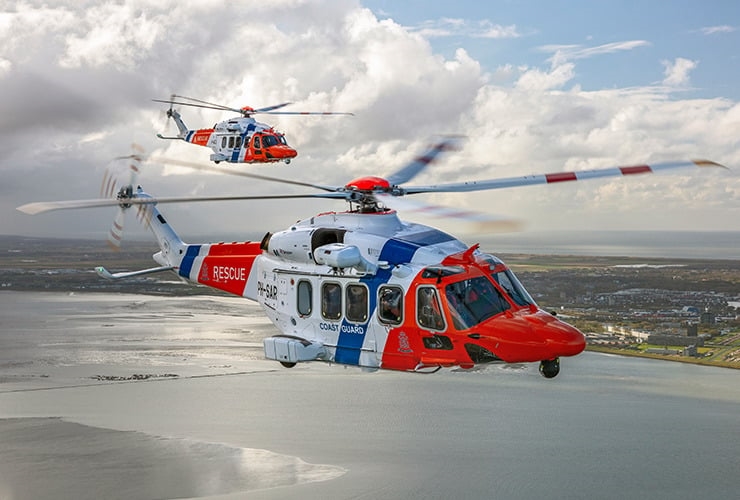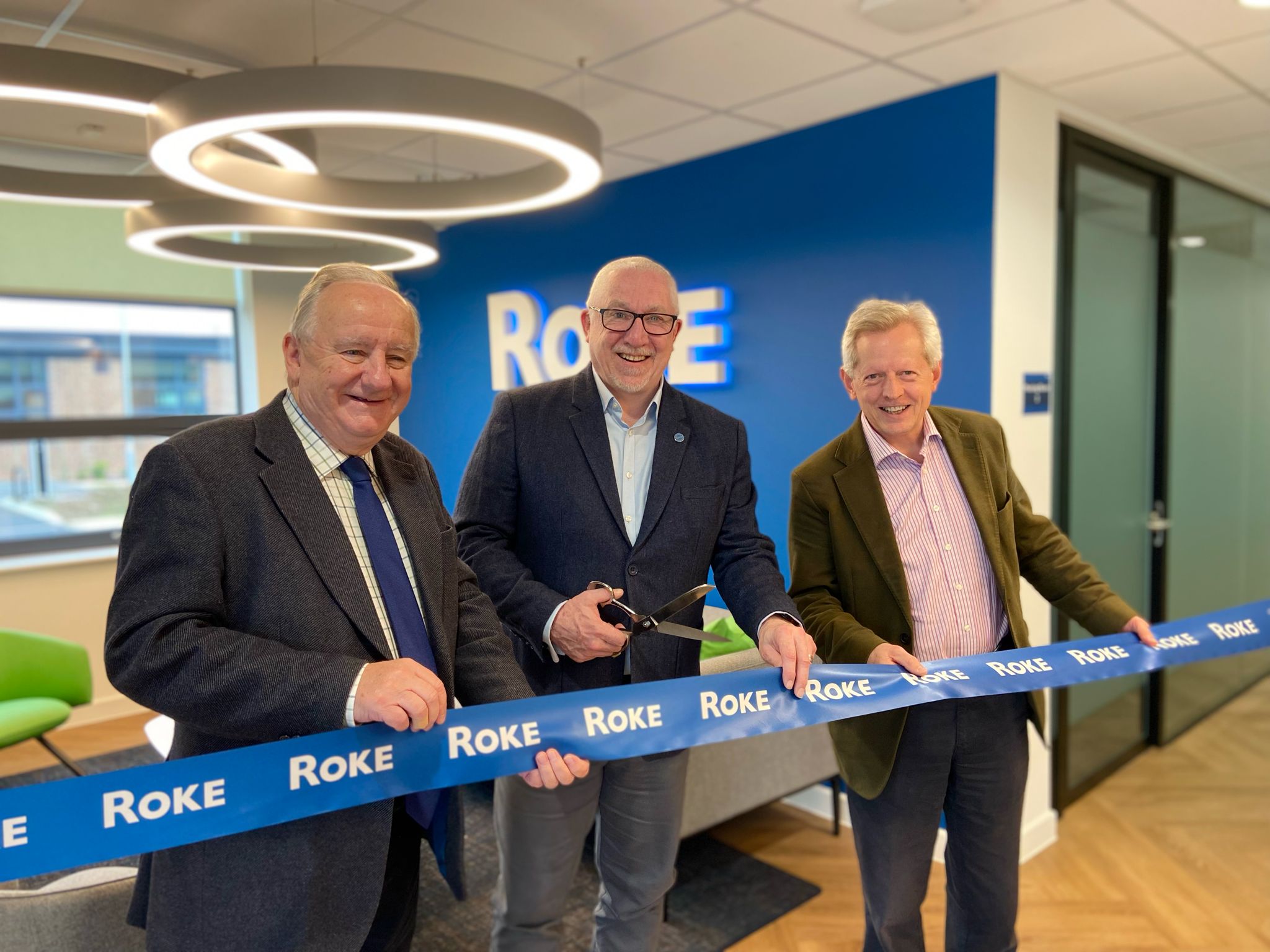A future for regional policing?
 The officer motioned to her driver authorising the use of the collision avoidance system, which as he initiated it, caused surrounding vehicles to slow and automatically move aside. Virtually silent due to its fuel cell technology, the police response vehicle (PRV) siren was now primarily used to avoid startling citizens. Collisions were not unknown nowadays, but speeding offences had largely been eliminated now that manufacturers installed GPS linked speed control software.
The officer motioned to her driver authorising the use of the collision avoidance system, which as he initiated it, caused surrounding vehicles to slow and automatically move aside. Virtually silent due to its fuel cell technology, the police response vehicle (PRV) siren was now primarily used to avoid startling citizens. Collisions were not unknown nowadays, but speeding offences had largely been eliminated now that manufacturers installed GPS linked speed control software.
Heads up navigation provided live time routing and in her operator display the officer could see the incident venue feeds from cctv and sound monitoring, together with the ambient recording of the caller’s mobile comms device that her control team at the regional HQ had initiated. Her status display showed ETA information for the other officers assigned. As the control room commander had authorised her use of, the now somewhat ageing, wireless electronic disabling (WED) PPE she had no need to use her vein scanner to override the lock on the kit racking.
Arriving first on scene she saw the male aggressor armed with a catering laser. The driver swung the PRV about so she could exit with it between them. She lowered the door and stepped out to her right. Turning a quarter to the left she instinctively fired the WED. As one barb fell short, she silently cursed the equipment that had not progressed that well since its introduction several years prior. The other caught the aggressor’s leg. Without a circuit even the wireless device could not function and incapacitate him. Grinning as he advanced, he stooped and picked up the stray barb. He waved it at her triumphantly, “you missed!”. The voice recognition trigger unit picked up her murmured “operate” command. Her assailant collapsed. It seemed that for some the power of thought had not progressed that well either.
By 2040 the increasing pressure on public service budgets seen some 25 years earlier had let up a little but the alignment of regionally based local authorities, driven by the increased sense of local identity within the United Kingdom, had already led to a huge rationalisation of service provision. Pretty much all public services, local government, health, policing, fire & rescue and (homeland) defence were now delivered on a regional basis. National services, such as overseas defence, intelligence and border security were UK agency based but had internal liaison points with the regional structures.
In that environment locally appointed regional public service commissioners, answerable to the courts for their actions and to regional government for their service provision, selected the chief constable and deputy. It was usual that the chief constable came from either a military or overseas background, given the emphasis on international freedoms of movement (for the candidates rather than the population as a whole). The chief constable appointed a range of assistants, who were now the highest-ranking police officers, as chiefs had no personal requirement for sworn officer powers. Chief constables had powers of direction, control and inspection, replacing the national inspection body, but had no personal police powers. They were answerable to the courts, which avoided political influence having too much sway in their inspection function. Being few in number it had been achievable to require the commissioners and chief constables to procure only through the Public Services Procurement Group, a cross government apparatus that enjoyed considerable political and public support for its successful implementation of a multi-agency shared database, within time and budget, finally.
Although a national service, procurement effectively continued at a regional level after establishing that the tendency for national contracts worked towards the exclusion of SMEs, stifling innovation and driving up costs through reduced marketplace competition. HMG licensing and accreditation of security related services providers (through relevant bodies such as the College of Policing) had ensured the marketplace contained thriving SMEs alongside Primes, with Primes obliged to contract only accredited suppliers (the UK Security Mark) thus preserving the margins for SMEs.
In turn the well-established HMG Security Exports Department (born from the success of the OSCT SIET) enjoyed strong international respect and the UK Security Mark was one of the nation’s most marketable commodities.
All that remained was for the regional commissioners to agree on which of the many UK manufactured WEDs they needed for their upgrade programme…
Adrian Whiting is associate director of Optima Group, having served for more than 30 years in the UK Police Service, undertaking duties in London, Hampshire and most recently as the Assistant Chief Constable (Operations) for Dorset. He undertook national responsibility, on behalf of the Association of Chief Police Officers (ACPO), as the Lead Chief Officer for Counter-Terrorist (CT) Search. This included responsibility for the setting of CT Search standards, the delivery of specialist CT Search training and the provision of operational CT Search support to UK and certain overseas police forces through the Police National Search Centre (PNSC).
Operationally Adrian commanded the Safety & Security operation for the London 2012 Olympic sailing events, a number of party political conference security operations and served as a Police Strategic Firearms Commander, including as a member of the ACPO CT Commanders Cadre. He has worked closely with a wide range of UK Police Forces, as well as with critical partners in UK Border policing, HM Prison Service and the security sector.













